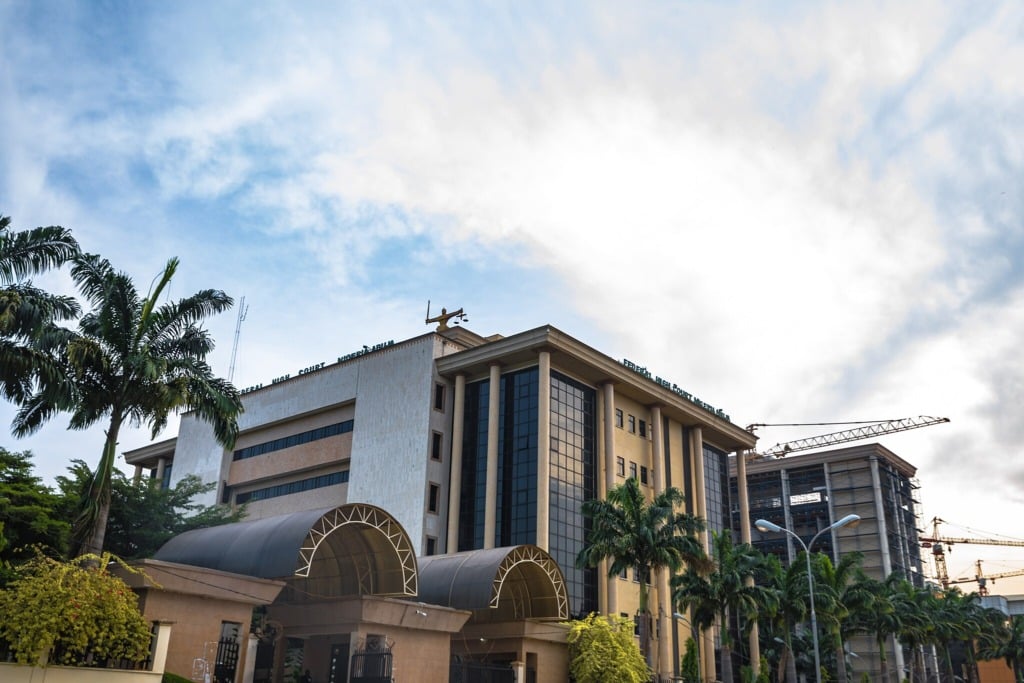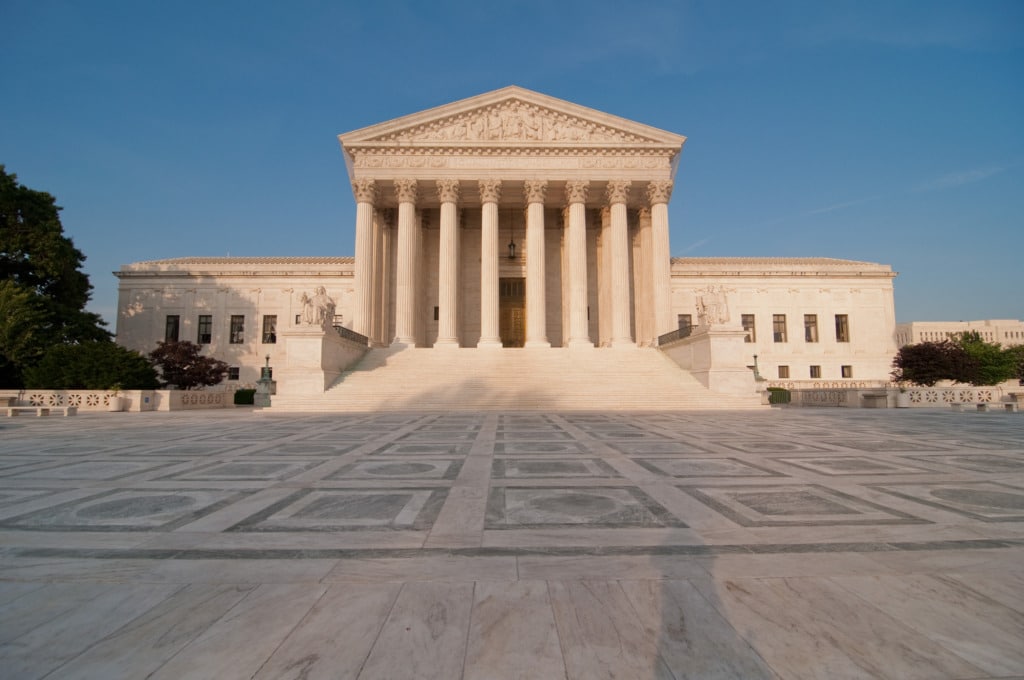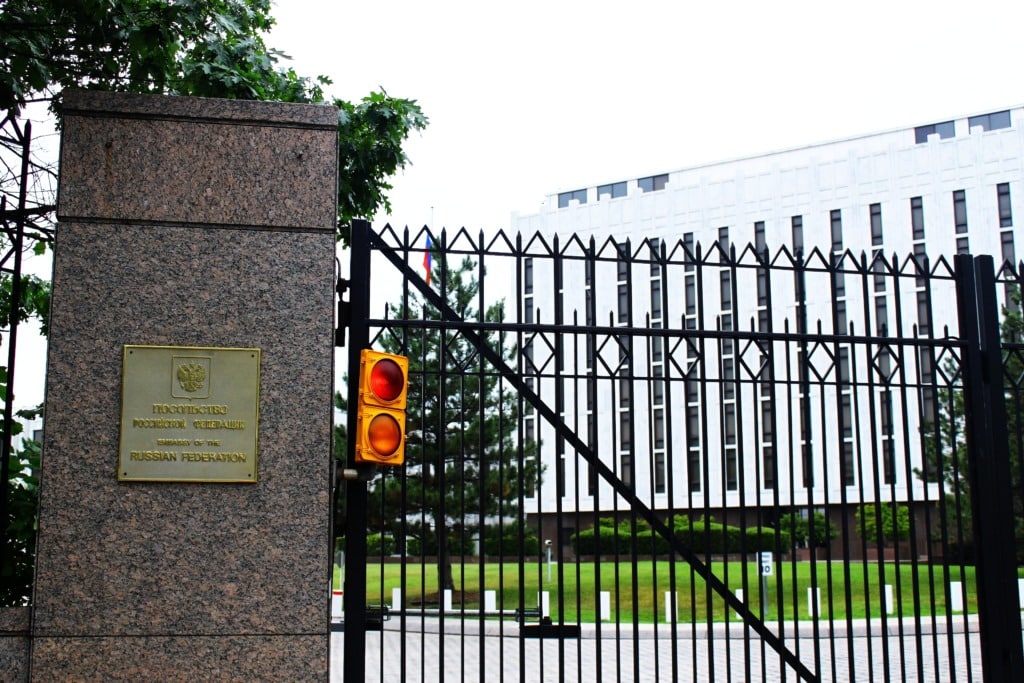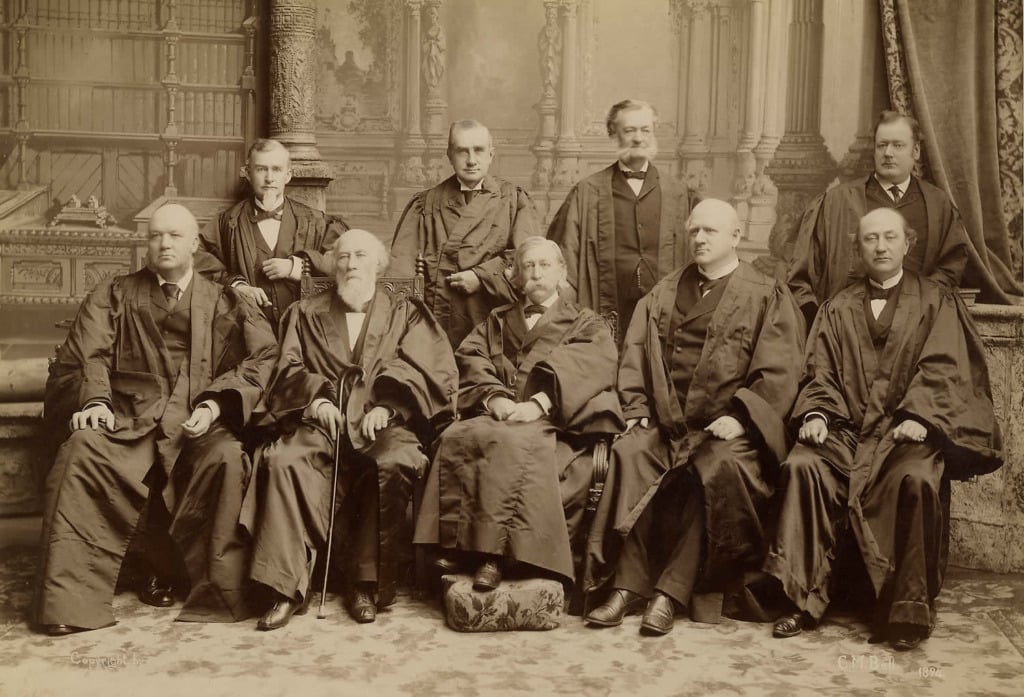Court Allows Claims of Forced Labor to Build World Cup Stadiums
On June 26, 2025, in F.C. v. Jacobs Solutions Inc., Magistrate Judge Cyrus Y. Chung (District of Colorado) partly granted and partly denied a motion to dismiss claims against U.S. companies under the Trafficking Victims Protection Reauthorization Act (TVPRA) alleging their participation in a venture that used forced labor to build stadiums in Qatar for…
Continue ReadingNigerian Judgment Satisfies Arizona’s Reciprocity Requirement
On July 10, 2025, in Ejeh v. Ali, the Arizona Court of Appeals recognized a Nigerian judgment, finding that Nigeria’s foreign judgments law satisfied Arizona’s reciprocity requirement. Reciprocity requirements are rare in state laws governing foreign judgments—Arizona is one of just five states to have such a requirement. The decision thus affords an opportunity to…
Continue ReadingFuld’s Implications for the FSIA (and Other Federal Statutes)
In Fuld v. PLO, the U.S. Supreme Court held that “the Fifth Amendment does not impose the same jurisdictional limitations as the Fourteenth.” This means that Congress may authorize federal courts to exercise personal jurisdiction over defendants that state courts may not constitutionally reach. In Fuld, the Court upheld the constitutionality of the Promoting Security…
Continue ReadingDistrict Court Orders Argentina to Transfer Shares to Satisfy Judgments
On June 30, 2025, Judge Loretta A. Preska (Southern District of New York) issued orders in two cases, directing Argentina to transfer shares in YPF S.A., a state-owned energy company, to a New York bank to satisfy two judgments. Bainbridge Fund Ltd. v. Republic of Argentina arose from Argentina’s default on certain bonds in 2001,…
Continue ReadingState Presumptions Against Extraterritoriality Apply to State Statutes
At TLB, we write a lot about extraterritoriality in general and about the federal presumption against extraterritoriality in particular. For the last three decades, the federal presumption has been the principal tool that courts have used to determine the geographic scope of federal statutes. But what if the statute in question is a state statute?…
Continue ReadingServing Process on Russia Through “Diplomatic Channels” Under the FSIA
A party suing a foreign state in federal or state court must comply with the Foreign Sovereign Immunities Act (FSIA). The FSIA governs not only when a foreign state is immune from suit and from execution, but also how a foreign state must be served with process. Section 1608(a) provides four possible methods of service…
Continue ReadingFederal Circuit Revives Afghanistan Lease Dispute
In a recent decision, Lessors of Abchakan Village v. Secretary of Defense, the Federal Circuit reversed the Armed Services Board of Contract Appeals (the “Board”) and revived a claim by Afghan villagers for $28 million in unpaid rent on a lease for a U.S. military base. Whether the villagers or the Government of Afghanistan owned…
Continue ReadingDoes the Securities Exchange Act Apply to Short-Swing Profits Abroad?
Section 16(b) of the Securities Exchange Act requires statutory “insiders” of companies that are registered with the Securities Exchange Commission (SEC)—such as officers, directors, and certain beneficial owners—to disgorge profits from “short-swing” trading within a six-month period. It is a strict liability provision that does not depend on the insiders’ intent. On May 23, 2025,…
Continue ReadingThrowback Thursday: Hilton v. Guyot
One hundred and thirty years ago this week, on June 3, 1895, the Supreme Court decided Hilton v. Guyot. Hilton is the seminal decision on recognizing and enforcing foreign judgments in U.S. courts. Although the federal common law rule that Hilton announced has been superseded by state law, Hilton continues to influence state rules in…
Continue ReadingZach Clopton Named Interim Dean of Northwestern
We are delighted to share that TLB Editor Zach Clopton has been named the interim dean of Northwestern University Pritzker School of Law. In light of his new responsibilities, Zach will be stepping away from his editorial duties at TLB. We have pasted below some of his “greatest hits” to highlight the breadth and depth…
Continue Reading








